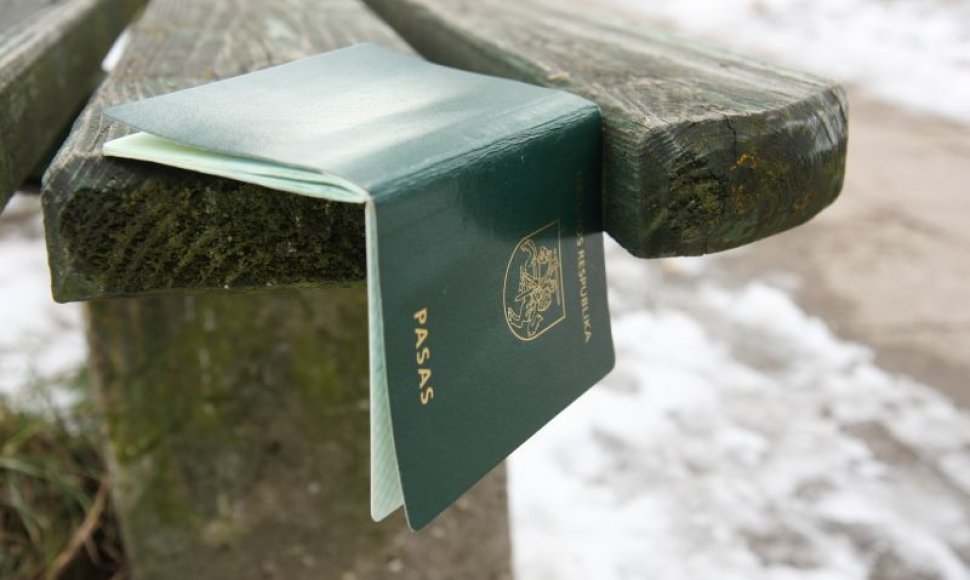Under the current Law on Citizenship, dual citizenship is allowed only to those who left Lithuania before it declared independence in 1990 and in several exceptional cases. Lydeka wants to expand the law in response to requests by the World Lithuanian Community.
The proposed amendment was drawn up by the Community during its meeting in Vilnius in August. The Community's former leader Regina Narušienė said then the amendment would satisfy the majority of Lithuanian emigrants.
In the fall of 2006, the Constitutional Court ruled that the country's main law provides for dual citizenship as a rare exception, declaring laws allowing dual citizenship as running counter to the country's Constitution. The provision on Lithuanian citizenship is contained in the part of the document which can only be changed by referendum.
Under the current Law on Citizenship, dual citizenship is allowed to those who left Lithuania before it declared independence in 1990, as well as those who acquired the citizenship automatically – through birth or marriage. However, those who have dual citizenship from birth have three years after turning 18 to pick citizenship they want to keep. Dual citizenship is not allowed for those who fled Lithuania after 11 March 1990 or intentionally saught citizenship of a foreign country.
The parliament had adopted a new version of the Law on Citizenship, which allowed dual citizenship to emigrants who had become citizens of the European Union (EU) and NATO countries, however, President Grybauskaitė vetoed it as running counter to the Constitution.
The Constitution states that "with the exception of individual cases provided for by law, no one may be a citizen of both the Republic of Lithuania and another state at the same time."
The clause is part of Chapter I which can be amendment by referendum only.












